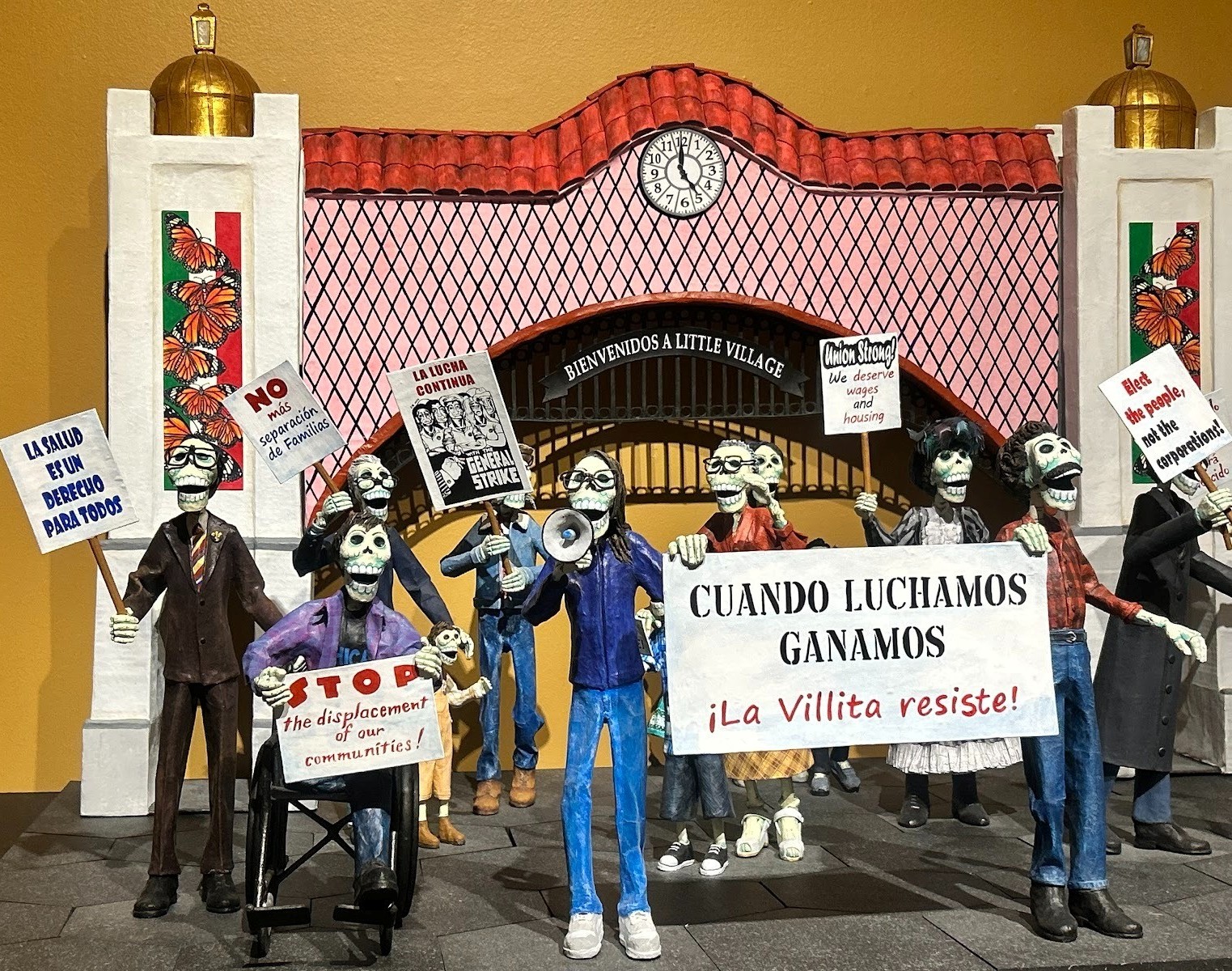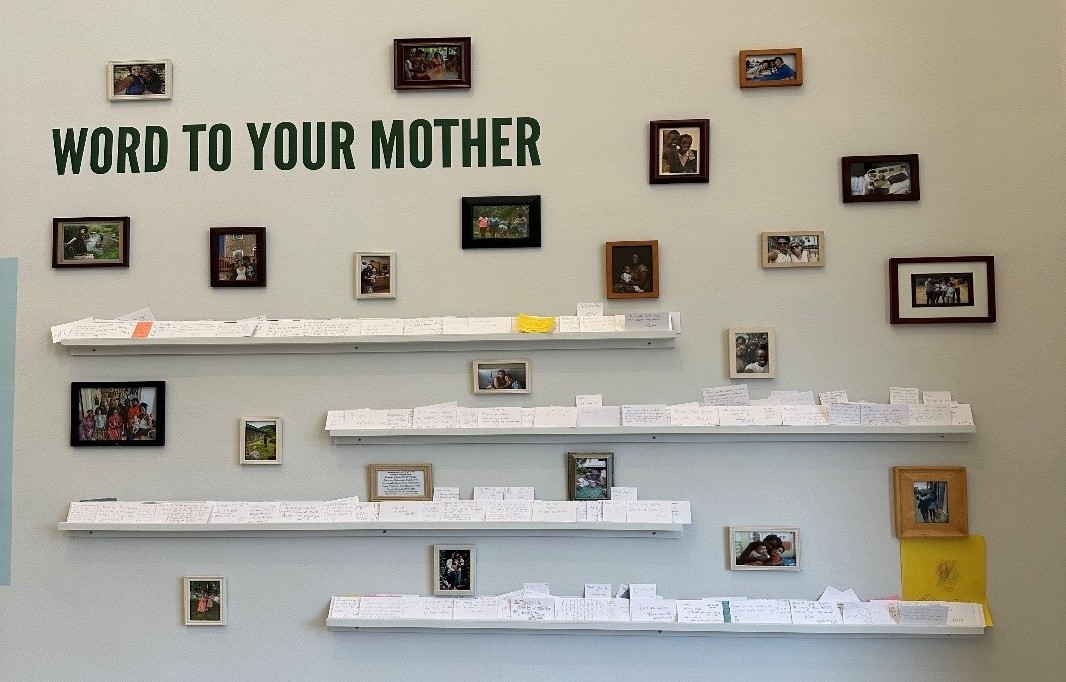Every year, billions of plastic bags consumed by U.S. citizens pollute waterways and litter highways and streets. These bags are made of material that takes more than 1,000 years to break down-meaning that every single plastic bag ever produced is still in existence.
Chicago is one of many cities worldwide that has recently taken on plastic bags as means to combat waste and pollution of landfills, waterways and streets.
On February 5, Ald. Margaret Laurino (39th) and Ald. Edward M. Burke (14th) proposed an ordinance to the Chicago City Council that would require retailers with five or more stores of at least 5,000 square feet each to provide recycling bins to return all plastic bags. Stores would also be required to print messages on their bags telling consumers that the bags are recyclable.
San Francisco passed a city-wide ban of plastic bags last March. Ireland passed “PlasTax” in 2002 requiring a 15 cent tax on all plastic bags that reduced plastic bag consumption by 94 percent in just a few weeks. China’s impending ban is this June, and Australia has plans to bag plastic by 2009. On January 23, New York City Mayor Michael Bloomberg signed a bill similar to the one proposed in Chicago.
Burke originally pushed a city-wide San Francisco style ban, but with passage of the bill in New York, he decided to change course from a ban to a recycling measure.
“We have more of chance to get a recycling ordinance than winning a ban,” said Donal Quinlan, a Burke spokesperson. “We’re taking advantage of the momentum of New York. It’s not as good as a ban, but it is very effective and significant step.”
Several stores in Chicago have already taken it upon themselves to combat this problem. However, critics think recycling remains a less-than effective approach that does not get to the heart of the matter: consumption.
Vincent Cobb, founder of Chicago-based reusablebags.com, started his company three years ago to encourage consumers to purchase reusable bags after he read about Ireland’s PlasTax model.
“It’s the mindless consumption that is bad,” said Cobb. “This ordinance doesn’t really get to the heart of the matter. There is a reason why recycle is the third ‘R’ in ‘reduce, reuse, recycle.'”
Historically, Chicago’s recycling initiatives have been less than successful. First, there was the generally unsuccessful blue bag program. Now, the city has the blue cart program in place but a majority of city dwellers don’t have access to the carts.
Cobb said that consumers and stores need to work together to put an end to mass plastic bag consumption. Stores can offer a credit to customers who bring reusable bags with them while they shop. Consumers can cut down on usage by refusing a bag when they do not need one.
“It’s a hard habit to get into, but once you do, you can cut down your consumption by 90 percent,” said Cobb. “It has become socially unacceptable to take a plastic bag [in Ireland],” he said.
Cobb said he is concerned whether or not bags will actually get recycled when they are returned to the stores, as there is little market value for plastic bags. Nationwide, billions of dollars are at stake for producing plastic bags too.
Several stores took recycling measures into their own hands long before the ordinance was proposed. Jewel-Osco stores have been providing recycle bins for bags for over ten years. In 2007, they recycled 1,221 tons of plastic bags.
Last year, they began selling reusable shopping totes at some stores for one dollar to cut back on plastic bag usage. The stores could barely keep them in stock, and are now they are available at all Jewel-Osco locations said Miguel Alba, Jewel-Osco’s public relations director.
“We wanted to provide customers with a choice beyond paper or plastic,” said Alba. “It’s a social thing. People will modify their own behavior once they see other people [reusing] too.”
Jewel-Osco stores are already in compliance with the proposed ordinance. Other stores are taking their own steps to cut back and usage and educate their customers about the importance of reuse.
By April 22, 2008, Earth Day, all Whole Foods stores will stop carrying plastic bags. Currently, they sell large reusable bags for one dollar and offer customers a five cent credit for each bag they reuse at checkout.
“We feel it is everyone’s responsibility,” said Kate Klotz, Whole Foods Midwest public relations specialist. “We hope this endeavor will set a precedent for everyone- corporations and individuals alike.”
Categories:
Citywide Eco & Environment Public
Tags:
ban plastic bags earthday






Be First to Comment